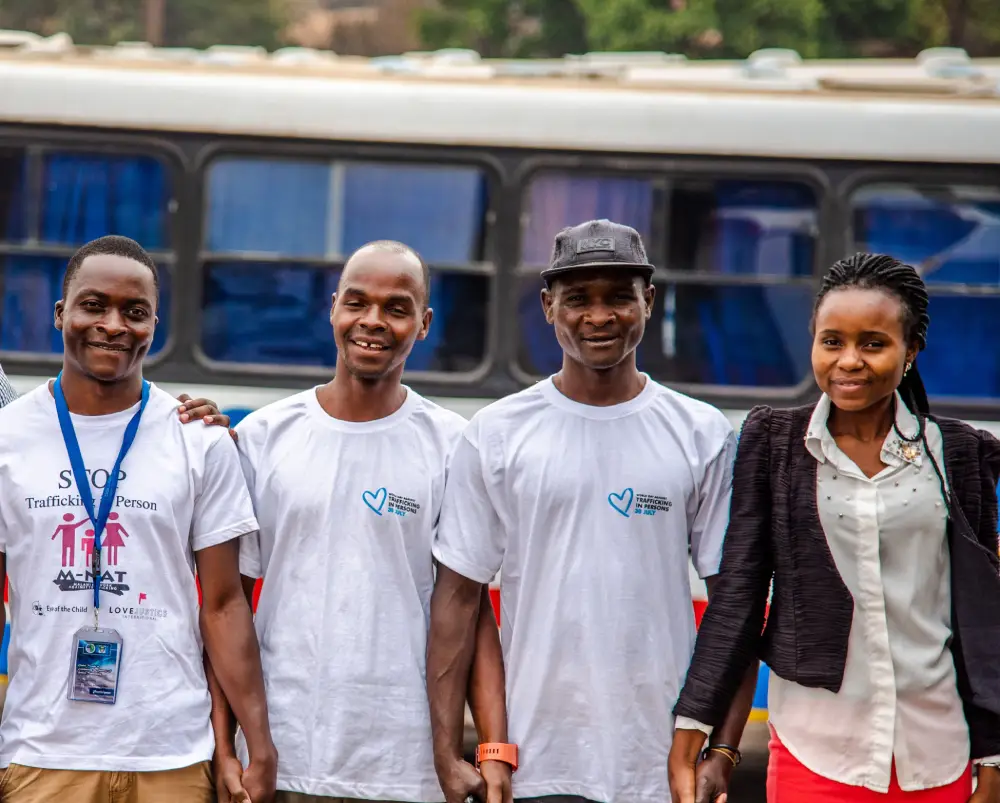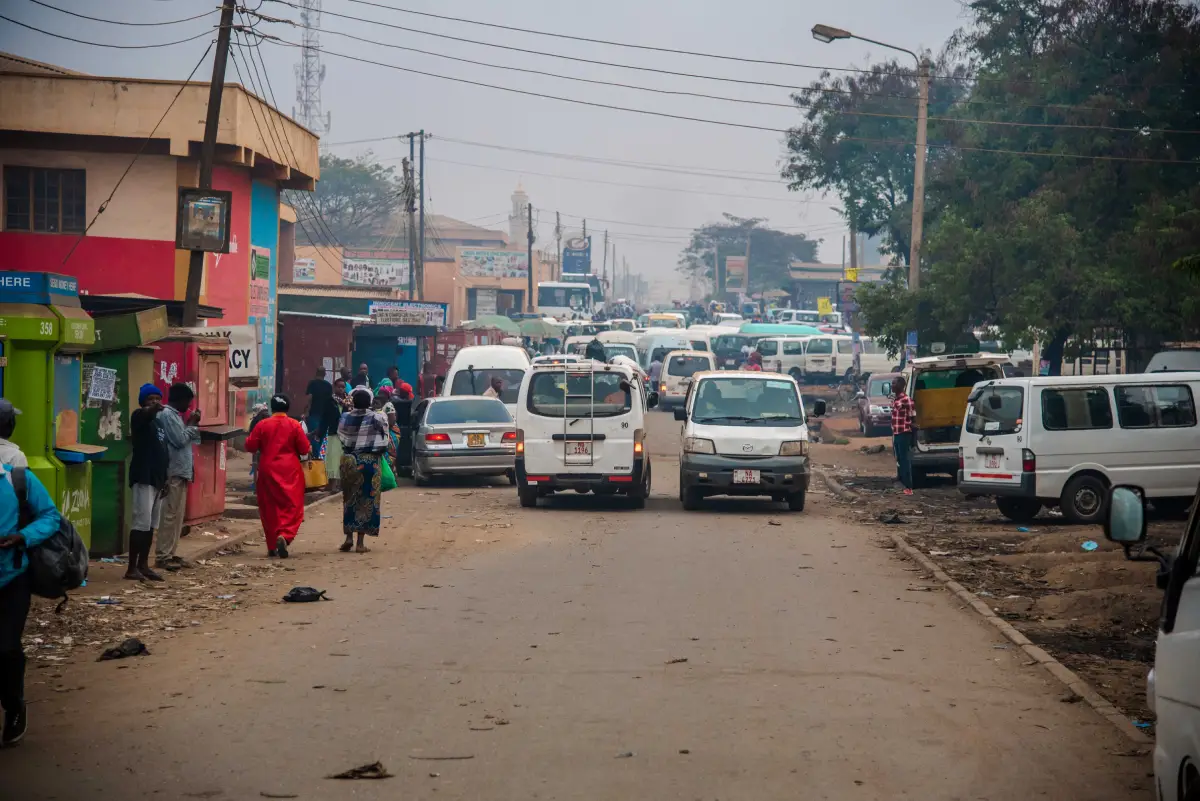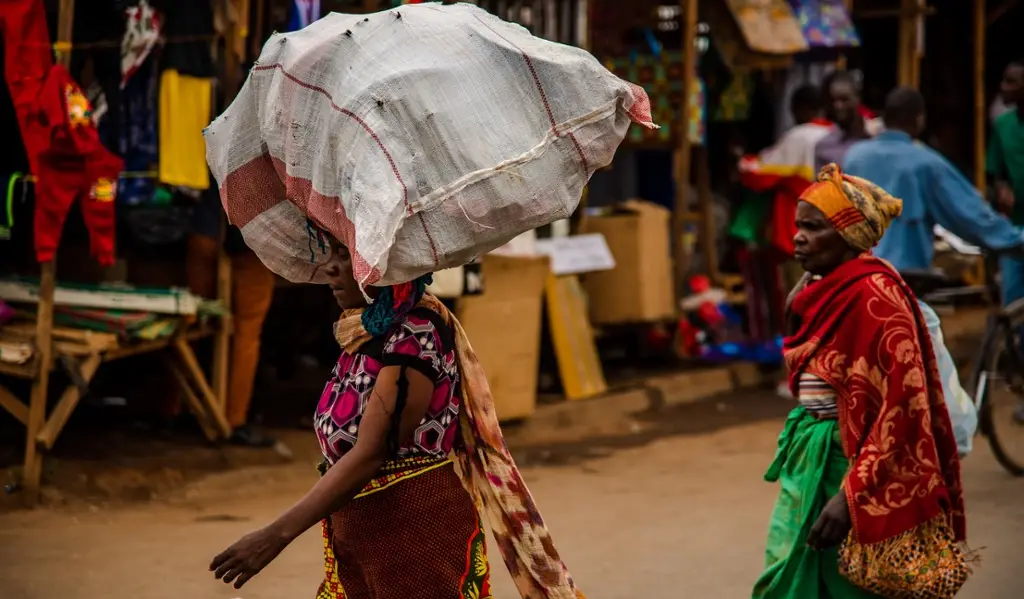Malawi
Malawi
Malawi is about the size of Pennsylvania, and one-fifth of the country is covered by Lake Malawi. It is bordered by Tanzania to the north, Zambia to the west, and Mozambique to the east and south.
Malawi is a low-income country; 41% of the population lives in poverty. It ranks 173 out of 187 countries in the 2015 UN Human Development Index. Malawi is also one of the world’s worst-hit by HIV/AIDS and home to more than one million children orphaned by the disease.
It is a largely agricultural country. The USAID reports that in 2015, 2.8 million people faced food insecurity. In April 2016, the government of Malawi released a disaster declaration due to extreme drought conditions, which led to high maize prices, widespread crop failures, and reduced income-generating opportunities.
According to the 2008 census, 73% of the population aged 10 years and above did not have any educational qualifications. On average, females had lower levels of education than males, with 78% of females and 69% males having none.
Sources:
Our Footprint Here
2018
Love Justice Malawi is established and has 10 interceptions in their first month, January, and then secures their first three arrests in February.
2021
We expand to a total of five transit monitoring stations in the country and receive approval for our chief investigations and security officer to assist with police training.

Since its inception in 2018, LJI Malawi has intercepted more than 1,300 individuals to prevent them from being trafficked.
Read Kendra's Story
A young woman named Kendra* was spotted by our staff sitting in a transit station staring blankly into space. She looked severely impoverished, and based on her overall appearance, our monitors could tell that she was probably from another country. A member of our staff approached her and said, “You look lost; can I help you?” Her eyes were glazed over, and she could barely communicate with him. So, he took her passport and flight details and saw that she was a Malawian traveling from Kuwait who had just missed her connecting flight back to Malawi.
They spent some time gently asking her a few questions, and eventually the woman told our staff she had been recruited in Malawi by her neighbor who knew someone who could provide a job for her in Kuwait working as a housemaid.
Meet the Monitors
Our transit monitors in Malawi are working every day on the front lines to fight human trafficking. Watch to hear more about who they are and why they do what they do.
Stories from LJI Malawi

From the Front Lines
Watch to hear from one of our transit monitors as she gives her personal account of the work being done on the front lines of this crucial fight.

Intercepted from Human Trafficking: Kendra's Story
Recently, a young woman named Kendra* was spotted by our staff sitting in a transit station staring blankly into space. She looked severely impoverished, and based on her overall appearance, our monitors could tell that she was probably from another country.
-1.jpg)
Four Minors Intercepted; Two Suspects Arrested
Love Justice staff intercepted a group of three girls and one boy in Malawi. The four minors told our monitors that they were on their way to a farm where they had been promised work.
Human Trafficking in Malawi
Malawi is a source country for trafficking, a transit country for individuals trafficked to South Africa, and, to a lesser extent, a destination country for people from neighboring countries.
An in-country contact outlines three primary reasons why Malawi is a destination country: 1) there has been an increase of people being trafficked from Tanzania into Malawi to work in saloons and brothels; 2) people from Mozambique, typically young men, are trafficked into Malawi to work in the tobacco fields; and 3) individuals are trafficked from other parts of Africa to work in the casinos in Malawi.
The vulnerability of women and children in Malawi to trafficking is due to poverty and certain cultural practices that commercialize and sexualize young girls. There are established customs that involve the selling of young girls in marriage, either in repayment of a debt or for a dowry. For example, kuhaha involves a situation where a man arranges with a girl’s parents to take care of her until she is mature enough to marry him. Another practice is kutomera, where an older or wealthy man approaches a family and identifies a very young girl to be his future wife. A price is negotiated, and the girl is taken from the family when she is sexually mature.
Source:
http://www.state.gov/j/tip/rls/tiprpt/countries/2015/243484.htm; http://www.eclt.org/wp-content/uploads/2013/07/Child_Trafficking_and_Child_Labour_in_Agriculture.pdf
Where We Work
Our core work is currently based in Nepal, India, Bangladesh, South Africa, Malawi, Kenya, Uganda, Sierra Leone, Rwanda, Namibia, Mozambique, Lesotho, Liberia, Zambia, Burkina Faso, Indonesia, and Ethiopia.
- Where we're on the ground
-1.png)




